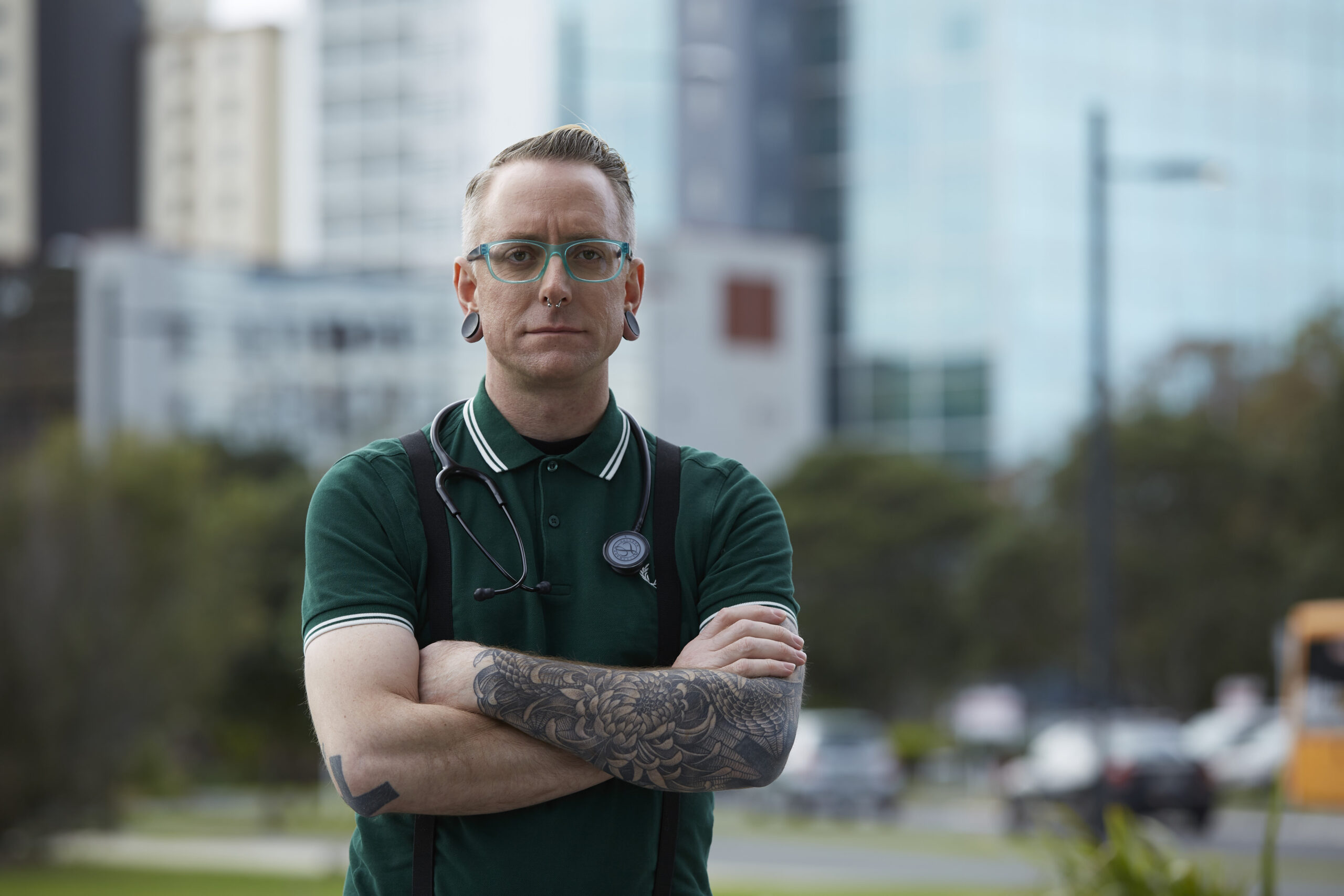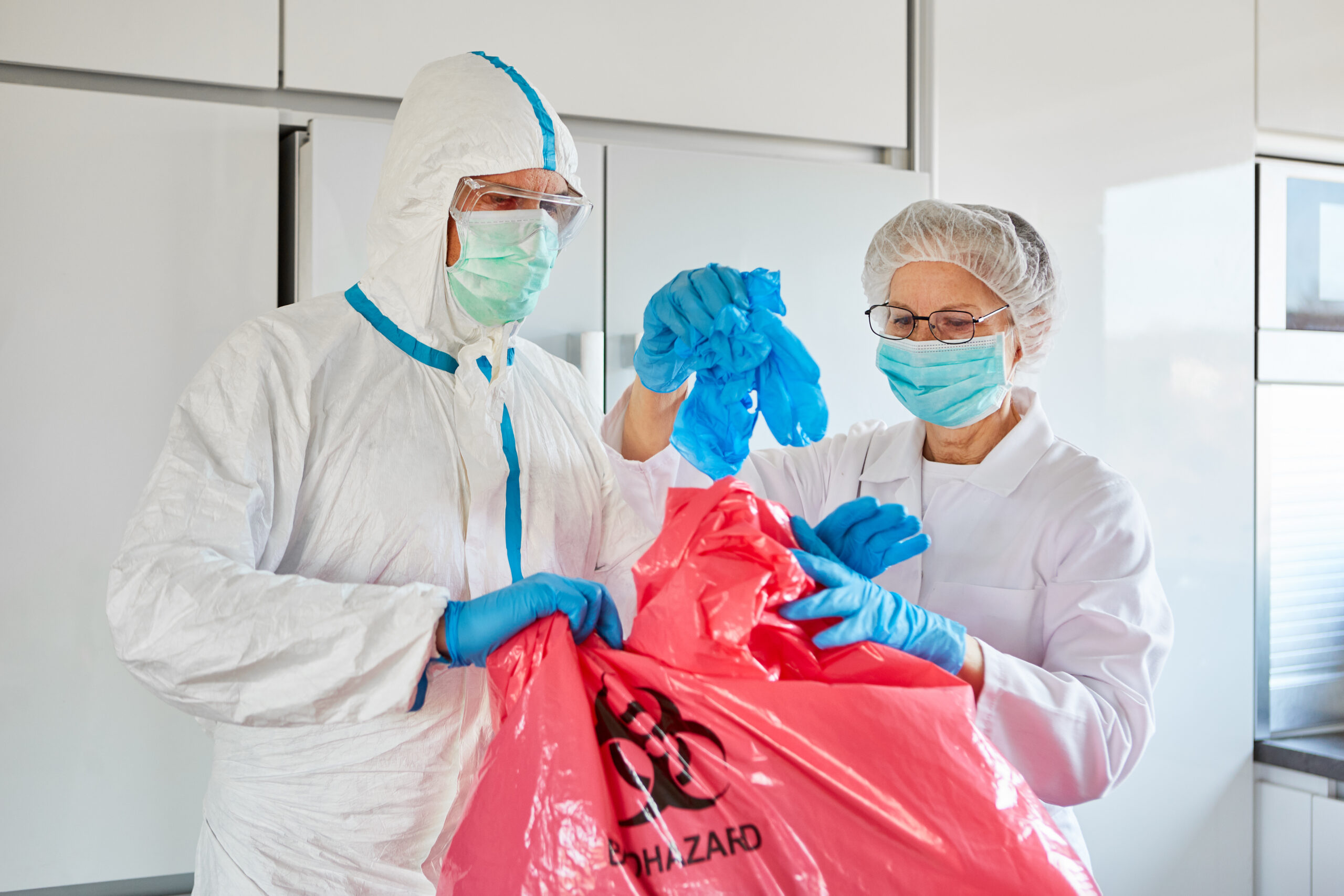For this reason, NZNO, along with OraTaiao (the New Zealand Climate and Health Council) and 10 other health professional bodies, signed a public letter to the Minister of Health Andrew Little calling on him to incorporate climate change and sustainability into our health system reforms in a meaningful way.

Our health system has so many opportunities to greatly reduce its impact on climate change and the environment, and we need a coordinated effort at every level to avoid catastrophic climate change and ecosystem destruction. Our health system also needs to adapt to a warming world, and the new health challenges that will arise from the levels of climate change that are already unavoidable.
For these reasons, 11 organisations including NZNO, the Royal New Zealand College of GPs and the College of Midwives, in April called on Little to establish a dedicated unit within the health system reforms to oversee the active decarbonisation of this sector.
Recommendations
Our open letter recommended the following actions be part of the health reforms:
- Establish a dedicated sustainability unit, which will oversee decarbonisation within the sector and be supported by practising health professionals.
- Increase collaboration between the health sector and other public agencies to ensure a healthy climate response becomes a central factor for decision-making in transport, housing, welfare, food systems and other core government work.
- Mandate that adequate funding, resourcing and agency is given to the Māori Health Authority so it can be a central player in our health system’s response to climate change. Too often lip-service is paid to the need to have te ao Māori at the heart of our climate response. This is an opportunity to actually achieve that.
- Effectively incorporate primary care into the wider health-sector climate response.
- Outline the early climate gains that will be achieved in the initial two years. These gains could result from ongoing repurposing of coal boilers, a ban on new gas boilers, all medicine and equipment procurement decisions to have greenhouse gas emissions as a key decision factor, an immediate stop on international business-class flights for staff, plant-based hospital catering, and an urgent switch from metered-dose to dry powder asthma inhalers.
Our district health boards (DHBs) are not carbon-neutral entities. Unfortunately the current business-as-usual model in the health-care system generates avoidable carbon emissions at every level. One estimation of the carbon emissions generated by DHBs found energy usage — ironically primarily for temperature control of hospital buildings — made up around two thirds of the total DHB emissions. This included several DHBs that burn coal in boilers to heat hospitals.2
Unfortunately our current business-as-usual model within the health-care system generates avoidable carbon emissions at every level.
Missing from this estimation, however, were the carbon emissions associated with the production, transport and disposal of countless single-use clinical items we use on a daily basis across the health-care system.3
The supply chain of clinical consumables is one of the biggest climate change and sustainability issues, and one our health system must address at every level. This must be treated as an urgent issue by the ministry during the current health reforms — ignoring it will have drastic health impacts.
In response to this open letter, Little claimed that the concerns “about an alleged lack of climate action health reform discussion is unfounded”. He referred to a statement he made at the Sustainable Healthcare and Climate Health (SHCH) Conference Aotearoa (2020) in which he said the health sector was the “largest public-sector source of carbon emissions, and we recognise the challenge is a big one”. Sustainability was part of every Government decision, Little said, in his response to OraTaiao.
However, lacking from the reply — as was lacking from his response to direct questions about this very topic at the SHCH conference — was a direct commitment to establish a dedicated sustainability unit to address the decarbonisation of the health system and oversee the climate change readiness of this system.
OraTaiao, along with all its member organisations such as NZNO, will continue to call for the MoH to incorporate specific structures within the health-care system to ensure it reduces its carbon emissions, improves its sustainability and prepares for the increased adverse health impacts of climate change.
We invite individual NZNO members to also join OraTaiao to support our efforts to this end: https://www.orataiao.org.nz/join_us.

Mikey Brenndorfer is a youth health specialist nurse and NZNO’s representative on OraTaiao’s executive board. OraTaiao is part of a global movement focusing on the health impacts of climate change particularly on those already experiencing disadvantage. It currently has more than 800 health professional members in Aotearoa.
See also ‘Critical care nurses can make ICUs and hospitals greener‘.
References
- World Health Organization. (2021). Climate Change and Health.
- Geesink, M. (2021, June 22). District Health Board emission profiles and mitigation action [Paper presentation]. 2021 Sustainable Healthcare and Climate Health Conference Aotearoa, Wellington, New Zealand. https://www.youtube.com/watch?v=Z2iAMoOd6bk
- Lomax, R. (2021, June 22). Supply chain emissions are someone else’s problem, right? [Paper presentation]. 2021 Sustainable Healthcare and Climate Health Conference Aotearoa, Wellington, New Zealand. https://www.youtube.com/watch?v=p0LlW1KiEzk




